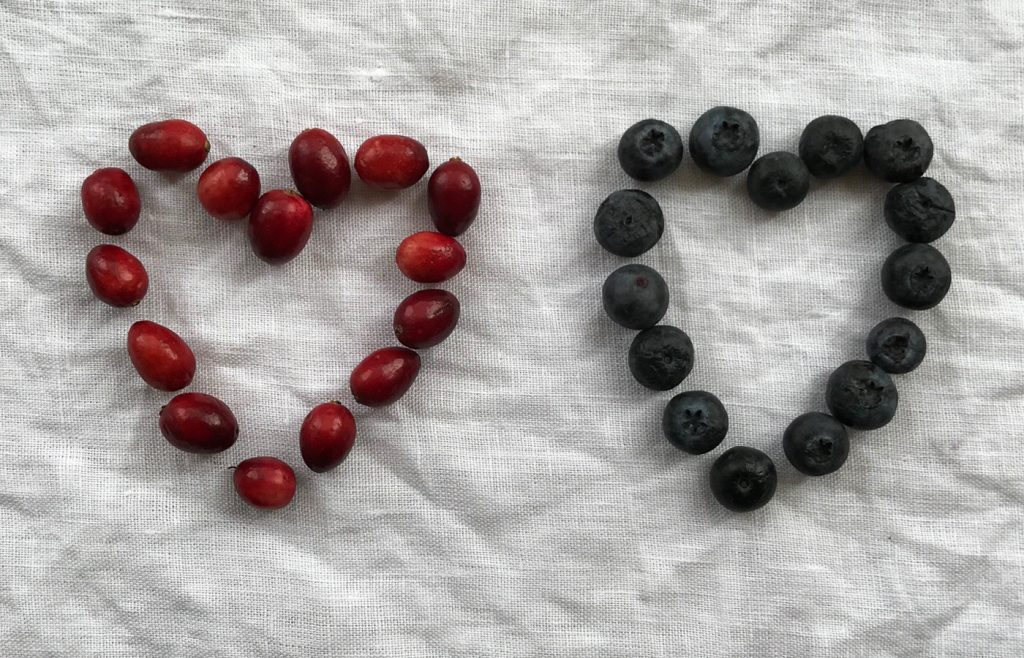
For some time, I’ve been troubled by the political divisiveness in our country and our community. I have friends who can’t talk to loved ones about political differences without it escalating into a fight. Others admit to sidestepping anything political for the sake of keeping certain friendships, while some have stopped talking altogether to friends from the opposing political party. I’ve seen indignation simply for suggesting that the opposite side may have a valid perspective. And still others persist in emailing and posting articles that find fault with the other side. It’s disheartening.
Our political polarization, as marriage therapist Bill Doherty has pointed out, is like a couple in crisis. From my own work with couples, I know that a hallmark of distressed couples is a breakdown in communication, with each partner spinning a one-sided story and blaming the other for their problems. If I listened to only one partner, I’d form a distorted picture of the relationship. Yet this distorted picture is what each partner tells their friends, who usually support their story without hearing the other side. If the couple separates, their circle of friends also separates into what’s called a “community divorce.”
Similarly, Americans have divided into opposing political groups, each blaming the other, and neither listening to the other. The resulting “social divorce” pits political groups against each other, with members associating exclusively with their own group. Yale law professor Amy Chua labels this mutual blaming and isolation as tribal: “. . . America is in the grip of political tribalism. We lament and condemn this phenomenon even as we voraciously engage in it.“
Psychologists have studied tribalism, a.k.a. “inter-group relations,” extensively. Forming groups, or tribes, is a natural human instinct. But distrust between tribes is also instinctive. Our tribe protects us; theirs threatens us. In this “us-versus-them” dynamic, each tribe maintains, “We’re right, they’re wrong. We do good, they do harm.” Further, tribal unity is strengthened by scorning the other group, along with anyone who speaks favorably of them. Without positive contact, stereotyping and prejudice are inevitable.
History has shown how tribes can then spiral into bigotry, discrimination, and persecution.
Signs of political tribalism in today’s society are inescapable. Partisan media present one-sided stories, portraying their political opponents in a negative light. Meanwhile, social media enable us to isolate ourselves by blocking opposing viewpoints and anyone who holds them. People freely denounce and make jokes about members of the other tribe. Moreover, instead of acting to unify differences, some of our leaders have exacerbated tribal allegiances. We are segregating ourselves—not on the basis of race, religion, or ethnicity, but by political affiliation.
One ramification of tribal politics is that party loyalty supersedes issues. Recent studies by professor Lilliana Mason show that people override evidence and even their own preferences on issues to support their party’s position: Our side must win. More importantly, according to research, the other side must lose. When each tribe is out to beat the other, productive political discourse—working together toward compromise and consensus—is a casualty. It’s like two angry spouses who are more invested in defeating each other than in resolving their differences. Under such contention, they are unlikely to communicate well or achieve any meaningful resolution.
Likewise, the rancor between our political tribes hampers our ability, let alone our willingness, to handle national issues. That’s why, in my opinion, political tribalism is our number one problem. Like the angry couple, we can’t seriously address our issues while each tribe is striving to defeat the other.
In couples therapy, I would guide them to listen to and understand one other. As mutual understanding dawns, connection and goodwill start returning. This goodwill is the basis for facing their issues. In the same way, the Red/Blue Workshops developed by Bill Doherty (offered through the Better Angels organization free of charge) have helped opposing political groups engage in open, productive conversations. His objective is not to debate or change anyone’s views, but to listen, learn, and find common ground.
Even while we disagree, we can move beyond our current tribal politics to regain goodwell and respect for one another. Abraham Lincoln’s address to our nation is as relevant today as in 1861, when we were on the brink of tribal warfare—civil war: “We are not enemies, but friends. We must not be enemies. Though passion may have strained, it must not break our bonds of affection.”
To join a conversation about this article, go to JoeAndJulie.com. Email Joe and Julie at BetterAngelsIowa@gmail.com. For more information, see Better-Angels.org.
